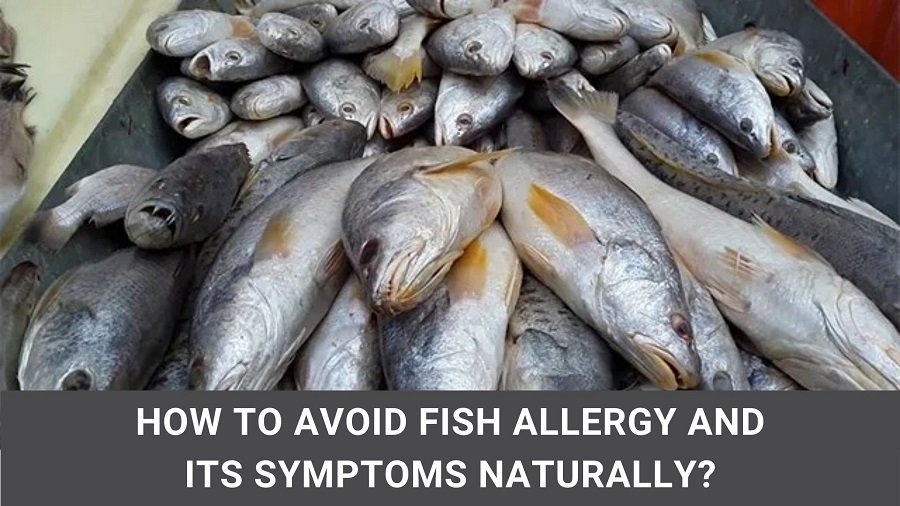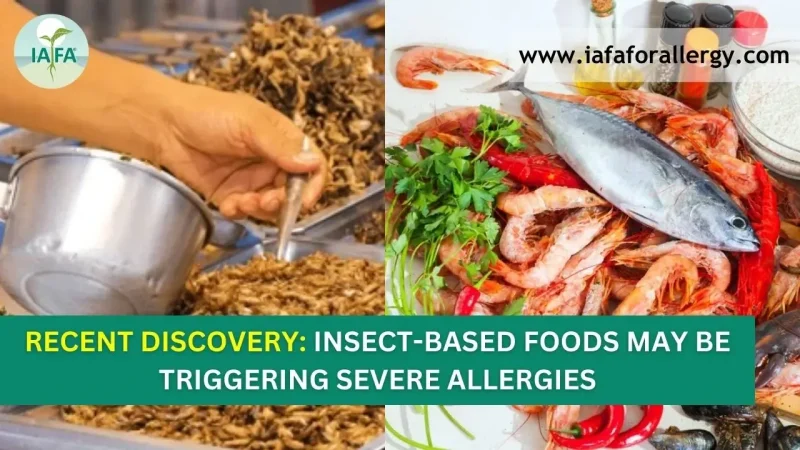Overview
A Fish Allergy is somewhat a less common form of food allergy and mostly affects adults more than children, and amongst adults, it affects women more than men. A fish allergy is different from a shellfish allergy as it is the one where the immune system triggers and reacts to finned fish such as halibut, salmon, or tuna.
Fish allergies mostly develop during early childhood but unlike lactose or milk allergy most fish allergies usually persist all the way through adulthood.
Fish allergies are common in areas where fish forms a staple part of the local diet such as in parts of Asia and Scandinavia. A fish allergy doesn’t necessarily only trigger by the consumption of fish, but a person allergic to fish can also develop symptoms on touching or consuming the byproducts of fish. The primary protein that is responsible for causing fish allergy is called parvalbumin.
If you’re troubled by fish allergies and are looking for reliable content that can help you to avoid fish allergy and its symptoms naturally, then this is the article for you.
Here we will discuss the best treatment plans, and steps that can help you in the natural treatment of fish allergy. But first, let us have a look at the few common signs and symptoms of a fish allergy.
Symptoms of Fish Allergy
Symptoms of fish allergy mostly begin to appear within an hour of eating and include:
- Headache
- Shortness of breath
- Indigestion
- Nausea or Vomiting
- Stomach ache
- Stuffy nose
- Persistent sneezing
- A skin rash or hives
- Excessive itching
- Diarrhea
- Bloating
- Flatulence
To people who are extra sensitive to fish, symptoms can also develop by inhaling cooked fish or by coming in contact with equipment or utensils used for the preparation of fish.
In severe cases, a fish allergy may develop into anaphylaxis, a condition which is characterized by a dangerous whole-body reaction and includes the following symptoms:
- Shortness of breath
- Widespread rash
- Rapid pulse rate
- Swelling on the face and tongue
- Wheezing
- Delirium
This condition required immediate medical assistance as if neglected or not treated can also lead to complicated disorders.
Treatment of Fish Allergy
Considering the intensity and seriousness that the symptoms of a fish allergy involve, it is extremely important for people who are even slightly allergic to fish to be extra cautious in order to avoid any symptoms or complications.
Scroll down further to read a few steps that can help you in avoiding fish allergy and its symptoms.
Species of Fish Associated with Fish Allergy
Being aware of what one is consuming is the first step to avoiding symptoms that develop from any kind of food allergy. In the case of a fish allergy, there are more than 20,000 known species of fish that are associated with fish allergy. According to research published by the frontiers in immunology, the ones that run under a high risk of developing fish allergy include:
- Tilapia
- Trout
- Tuna
- Sea Bass
- Swordfish
- Salmon
- Pilchard
- Redfish
- Herring
- Mackerel
- Halibut
- Flounder
- Carp
- Cod
Other Foods or Byproducts of Fish that Can Potentially Trigger Symptoms Include:
- Caesar salad dressing
- Caponata
- Worcestershire sauce
- Nuoc Cham Sauce
- Taramasalata
- Fish gelatin (used in pepperoni, processed meats, and hot dogs as a setting agent)
Certain organic fertilizers are also composed of fish.
Precautions
A few steps that can help you protect yourself from developing symptoms if you have been diagnosed with a fish allergy are:
- Be careful while shopping for groceries: Even in the cleanest grocery stores that follow all the necessary steps to ensure hygiene, there are possibilities for surfaces, wrapping, racks or containers to be exposed to fish residue if the store has a fish and seafood department. Therefore, always be extra careful when shopping in a grocery store that also sells fish.
- Read Product Labels: Always make sure you carefully examine and read the labels and ingredients while purchasing edible products and if you’re unsure about any fish component refer to your smartphone.
- Be extra careful while dining outside: When dining outside, especially in an Asian Restaurant, be sure to highlight your fish allergy to your server as most Asian traditional dishes use fish or fish stock as a base for preparation. Thoroughly check the menu and if you have doubts always crosscheck and confirm with your server.
- Avoid eating at places that serve fish: If possible, avoid eating in restaurants that serve fish as cross-contamination can also trigger allergic reactions.
Conclusion
Following a few careful dietary restrictions under a doctor’s guidance, taking precautions in general and especially while traveling, and always being completely aware of what you are consuming can considerably help you in avoiding fish allergies.
In case you’re looking for dietary or medical guidance to treat fish allergy or various other food allergies, you can contact IAFA®, where Ayurvedic experts will prescribe you certain ayurvedic medications and Dieticians will guide you that what you have to take and what you have to avoid during the treatment period.
IAFA® aims to treat all types of allergies and their symptoms by following natural practices that include ayurvedic medications, yoga, therapies, and home remedies.







